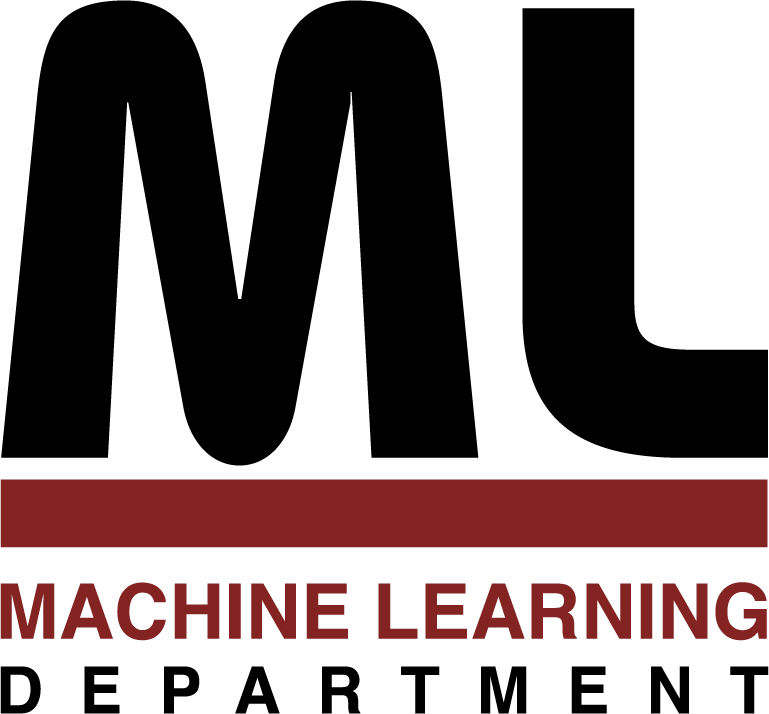
Machine Learning Department
School of Computer Science, Carnegie Mellon University
Towards a Unified Framework for Learning and Reasoning
Han Zhao
August 2020
Ph.D. Thesis
This thesis contains two parts. The first part is devoted to understanding and learning invariant representations. In particular, we will focus on understanding the costs of existing invariant representations by characterizing a fundamental tradeoff between invariance and utility. First, we will use domain adaptation as an example to both theoretically and empirically show such tradeoff in achieving small joint generalization error. This result also impliesan inherent tradeoff between demographic parity, a statistical notion of group fairness, and utility in both classification and regression settings. Going beyond, we will further show that such general tradeoff exists in learning with structured data. In particular, we shall derivean impossibility theorem for universal machine translation by learning language-invariant representations. Second, we will focus on designing learning algorithms to escape the existing tradeoff and to utilize the benefits of invariant representations. We will show how the algorithm can be used to guarantee equalized treatment of individuals between groups, and discuss what additional problem structure it requires to permit efficient domain adaptation and machine translation through learning invariant representations.
The second part of the thesis is devoted to learning tractable and exact circuits for probabilistic reasoning. It is well-known that exact marginal and conditional inference in classic probabilistic graphical models (PGMs), including Bayesian Networks (BNs) and Markov Networks (MNs), is #P-complete. As a result, practitioners usually need to resort to various approximate inference schemes to ensure computational tractability. Probabilistic circuits, which include Sum-Product Networks (SPNs) as a special case, have been proposed astractable deep models for exact probabilistic inference. They distinguish themselves from other types of probabilistic graphical models by the fact that inference can be done exactly in linear time with respect to the size of the circuit. This has generated a lot of interest since inference is not only a powerful tool to reason under uncertainty, but also a core task for parameter estimation and structure learning. In this part, we will concentrate on both theoretica l and practical parts of learning tractable probabilistic circuits. In particular, we will investigate the representational power of SPNs, as well as its parameter learning procedures in both online and offline settings.
227 pages
Roni Rosenfeld, Head, Machine Learning Department
Georffrey J. Gordon (Chair)
Ruslan Sakalhutdinov
Barnabáas Póczos
Tommi S. Jaakola (Massachusetts Institute of Technology)
Martial Hebert, Dean, School of Computer Science
School of Computer Science